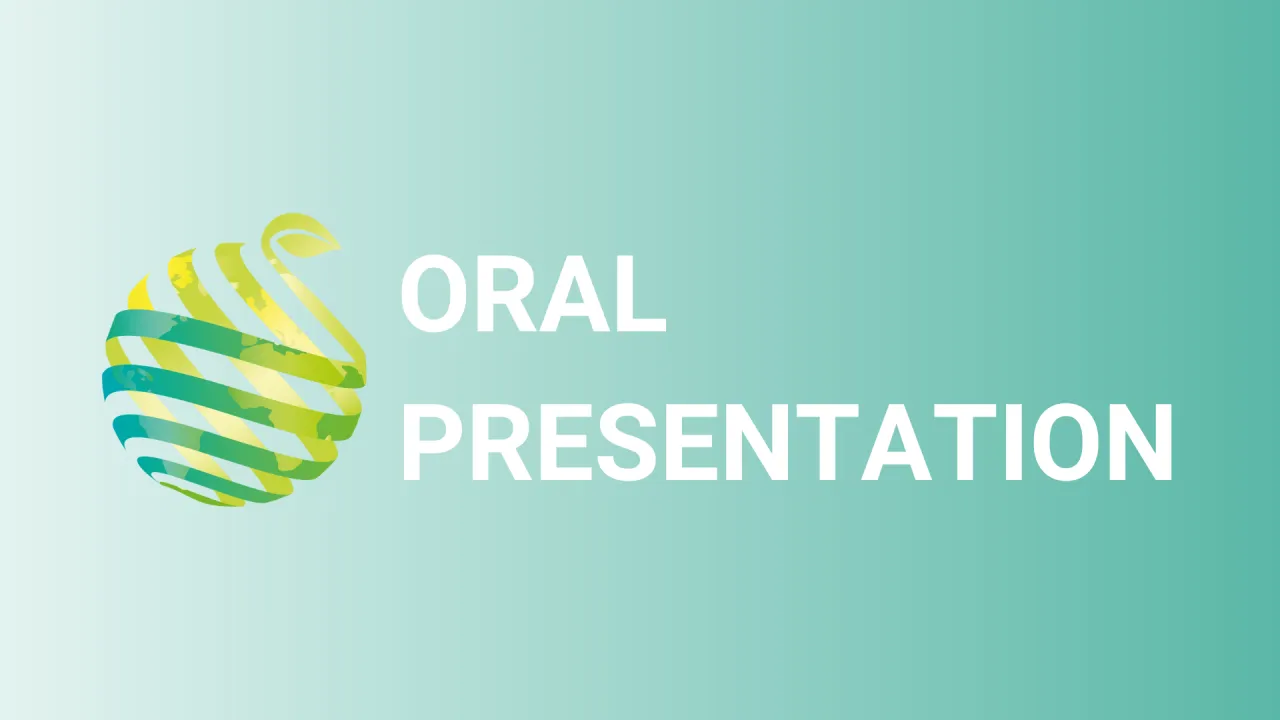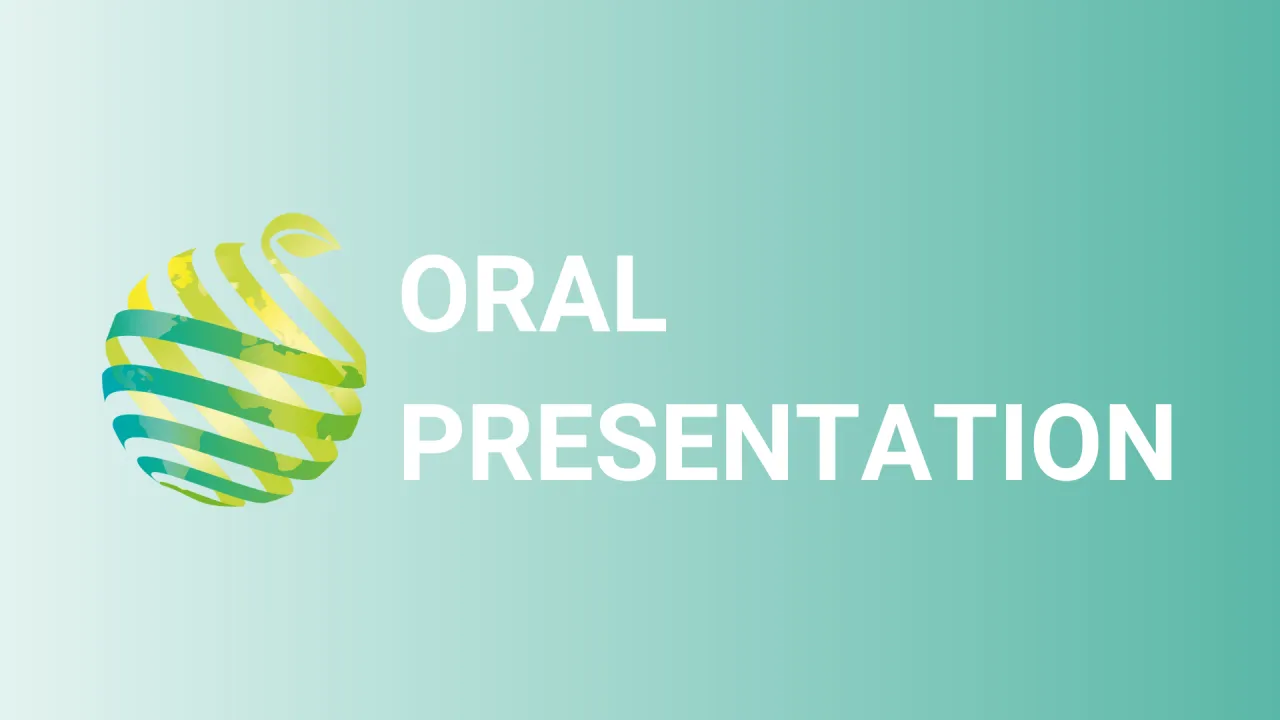

S21 - Session O3 - Keynote: Challenges of the management of pest and diseases in organic banana production: a holistic and realistic point of view
Information
Authors: Luc de Lapeyre de Bellaire *
Since the 60’s, banana export market has relied on the cultivation of a unique small group of cultivars belonging to the Cavendish subgroup of triploid Musa acuminata (AAA). The recent organic production (since the middle of the 90’s) has not changed this feature. The conventional banana industry has faced many enemies from which Black Sigatoka, Black weevil, phytoparasitic nematodes and post-harvest diseases (crown rot and crown rot) are the most important. These enemies are generally controlled by the means of pesticides, but such control is not allowed in organic farms. Here we review the various levers used and available for the management of such enemies in organic banana plantations. The first lever used by organic farmers has been the establishment of banana production in places unfavorable for the development of these enemies. Organic production has as such been established in dry areas where Black Sigatoka, a fungal disease of the foliage, could be more easily controlled. It’s also a fact that black weevil and phytoparasitic nematodes are also less prevalent in such areas. Biological control (biota against biota) and biocontrol (including natural substances and chemical mediators) form a second lever. Many biofungicides (microorganisms, plant extracts, …) have been registered but their evaluation in field conditions has shown a generally poor biological efficiency. The best success for such approaches remains the use of pheromones for the control of black weevils. We finally show some examples of cultural practices as an important lever, generally poorly considered, for the control of banana enemies without pesticides. Practices such as prophylaxis (including fallow periods), physical barriers, plant nutrition, pruning to modify source-sink ratio, harvest stage management are some examples of efficient tools for the management of pests and diseases of bananas that should be used in an integrated way with other levers for an efficient control.